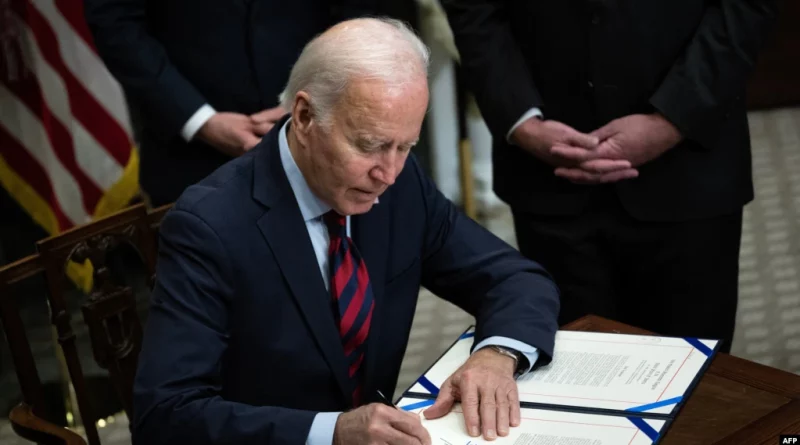Biden signs law blocking nationwide rail strike
Biden signs law blocking nationwide rail strike
U.S. President Joe Biden signed a bill blocking a nationwide strike by railroad workers that could have severely damaged the U.S. economy.
A day earlier, the Senate, by 80 votes to 15, had ordered the twelve unions involved in the dispute to honor a tentative agreement reached in September. The unions represent the interests of 115,000 workers who could go on strike as early as December 9. At the same time, the Senate did not support an initiative to give railroad workers two weeks of paid sick leave.
Eight of the twelve unions ratified the agreement, but some leaders condemned Biden, who calls himself a friend of the workers, for asking Congress to impose a contract rejected by four unions because of the lack of a paid sick days provision.
A strike by railroad workers could have brought nearly 30 percent of all U.S. freight traffic to a halt and spurred already high inflation. It would have cost the U.S. economy $2 billion a day, stranded millions of passengers and, according to White House estimates, left 765,000 Americans out of work, with many companies idle.
The tentative agreement contains no provision for paid sick leave. The unions demanded 15 paid days, and railroad executives agreed to give only one extra day off a year.
Congress exercised its power to block strikes in transportation, which it does not have in disputes with other unions.
The agreement, which will now go into effect thanks to Biden’s signature, provides for a 24 percent wage increase over five years and five more annual lump-sum payments of $1,000 per person.
